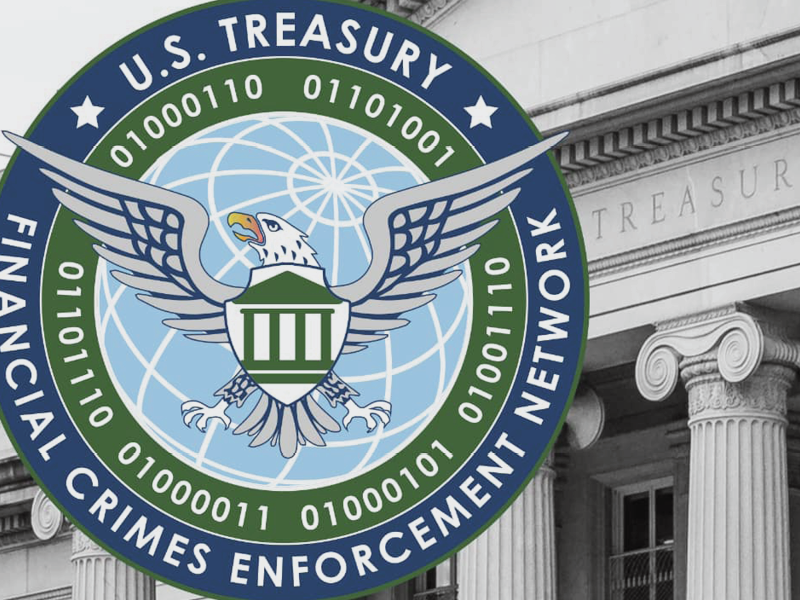FinCEN recently issued two notices of proposed forms to be adopted in connection with the Corporate Transparency Act. Those forms and what they require (and don’t require) give some clues about how FinCEN expects its implementation will go.
BOI Report / Beneficial Ownership Information Report
On January 17, 2023 FinCEN issued a notice of its proposed form of beneficial ownership report (or “BOI Report”). Comments were due by March 20, 2023
The BOI Report is the document that reporting companies will need to complete and file with FinCEN to report their beneficial ownership information under the Corporate Transparency Act.
More than 32 Million Companies will File BOI Reports
FinCEN estimates that 32,556,929 entities will be required to submit their initial beneficial ownership reports during 2024. It estimates that there will be 4,998,468 per year in 2025 and similar amounts annually thereafter.
FinCEN assumes that 59 percent of reporting companies will have a simple structure (i.e., 1 beneficial owner who is also the company applicant), 36.1 percent will have an intermediate structure (i.e., 4 beneficial owners and 1 company applicant), and 4.9 percent will have a complex structure (i.e., 8 beneficial owners and 2 company applicants). FinCEN estimates that 6,578,732 updated BOI reports will be filed in Year 1 (2024), and 14,456,452 such reports will be filed annually in Year 2 (2025) and beyond.
Reporting Companies May Omit Information They Are Unable to Obtain
The proposed beneficial ownership information report (or BOI Report) follows the list of required information items from the statute and from FinCEN’s previously published Reporting Rule. But the proposed template for the BOI Report contains parenthetical instructions for most of the key information items that reads, “check the box if you are not able to obtain this information“.
Strangely, FinCEN’s notice does not provide any rationale for this parenthetical instruction. If the statute requires reporting companies to provide the requested information, why should the BOI Report take reporting companies off the hook if they simply claim to be “unable to obtain” the information? FinCEN doesn’t explain why reporting companies should be allowed to avoid disclosing information they are “not able to obtain”. Likewise, the template does not require the party submitting it to certify that they exercised any effort to obtain the information they are not able to obtain.
Several commenters have objected to FinCEN’s template and its instructions that permit a reporting company to avoid disclosure of information it is not able to obtain.
The Independent Community Bankers of America, for example, complain that it is “prejudicial” that banks must obtain beneficial ownership information in their KYC and CDD forms but reporting companies would be able to omit that information.
The American Bankers Association also took aim at FinCEN’s template in its recent comment letter. The ABA criticized the template from the perspective of banks who must access the BOI Registry and utilize it alongside their own BOI collection systems. The ABA’s point is that having “duplicative systems to identify and correct discrepancies” would impose additional costs on banks and would frustrate the goal of having an accurate BOI Registry.
Although reporting companies would still be obligated to provide all the responsive information they had, there would be no practical obligation on the reporting companies to exercise efforts to obtain the required information. As the ABA letter notes in a footnote, “as a practical matter, it will be very difficult for FinCEN to determine that a reporting company submitted a report in bad faith.”
Form of Application for FinCEN Identifier
On the same day it published its form of BOI Report, FinCEN also published its proposed form of application for a FinCEN Identifier. (Comments on this were also due March 20, 2023).
FinCEN believes that relatively few individuals will apply for their own FinCEN identifiers
FinCEN estimates that the number of individuals who will apply for a FinCEN identifier will likely be relatively low. Specifically, FinCEN estimates that number to be approximately 1 percent of the reporting company estimates. FinCEN assumes that, similar to reporting companies’ initial filings, there would be an initial influx of applications for a FinCEN identifier that would then decrease to a smaller annual rate of requests after Year 1 (2024). Therefore, FinCEN estimates that 325,569 individuals will apply for a FinCEN identifier during Year 1 (2024) and 49,985 individuals will apply for a FinCEN identifier annually thereafter.
About The Author

Jonathan Wilson is the co-founder of FinCEN Report Company with 31 years of experience in corporate, M&A and securities matters. He is the author of The Corporate Transparency Act Compliance Guide and the Lexis Practical Guidance Practice Note on the Corporate Transparency Act.


